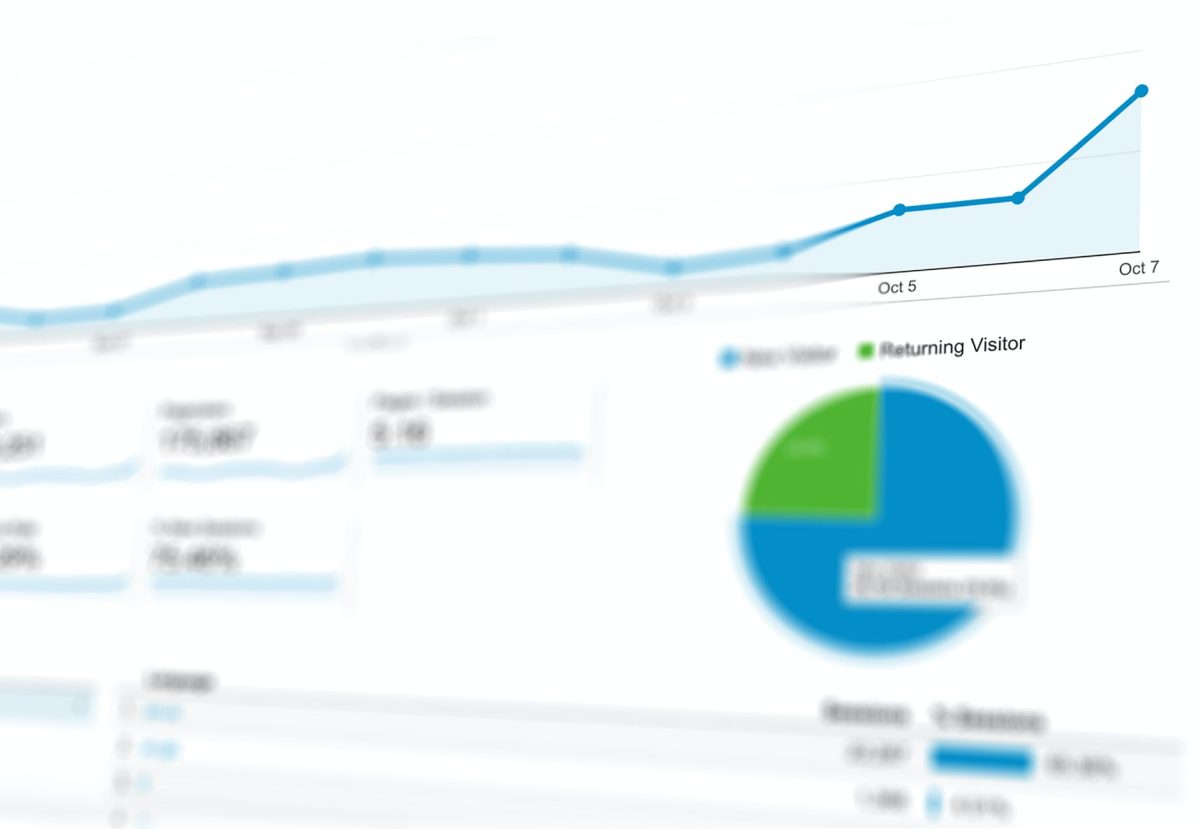Clearing up the Misconceptions around PPC
Have you considered using Google or Bing pay-per-click – PPC – to market your business online but are concerned PPC won’t work for you? Perhaps you’re already using PPC but feel you’re not getting the hoped-for results and are even thinking of dropping your PPC campaign. Before walking away from pay-per-click altogether, make sure you fully understand the power behind PPC and the results you can ultimately achieve. Don’t be swayed by negative opinions about PPC, but rely instead on the factual information and data only a professional PPC administrator can provide. Here we clear up a few common misconceptions around pay-per-click advertising and provide a fresh perspective on how to eye your PPC to further attract customers and grow your business.
True or False: PPC is the only form of advertising your business needs.
False. Pay-per-click is good and can get results, but it should not work in a figurative silo. Only when PPC is combined with one or more other forms of advertising you do in other marketing channels will you see real results. When you promote your business in other channels, such as through SEO, social media, in print, or on radio or TV, you gain name and brand recognition. That way, when a new or existing customer is searching online for the services you offer, the chances of that customer seeing your ad and clicking on it are improved. Decide on the types of advertising that work best for your business, and combine these with a properly run PPC program for best results.
True or False: SEO alone is more cost effective than PPC and can return equally good results.
False. While it is true that SEO may cost less to run and manage than paid search/PPC, in the larger context of advertising and ROI, it doesn’t. That is because PPC serves to support your SEO programs and, just as PPC should be combined with other forms of advertising to maximize results, PPC should also be used strategically to enhance the return on your SEO investment.
A business that is looking to cut expenses and trim their advertising budget may target PPC because they perceive the cost is too high when compared to what they pay for an SEO program alone that provides organic search traffic. But when they look more closely at how paid search is working in concert with organic search results, direct traffic, local listings, and other advertising channels, they cannot help but see how they all support each other. If any one piece of the advertising pie is removed, you can most surely expect to see decreased click-throughs, calls, traffic, and other results.
True or False: PPC is expensive when compared to the cost to acquire a new customer.
False. This myth can be quickly and easily debunked when you step back and look at the entire customer life cycle. Business owners understand they need to first reach a potential customer, then acquire the customer by bringing them to the company website or store, then convert the person into a paying customer, then keep the customer beyond their first purchase and hope they become a loyal partner and advocate for your business and your brand.
None of this happens by accident. In fact, PPC helps at every step of the customer life cycle and your paid search expense is offset by the overall (lifetime) value derived from each customer. This, of course, assumes your PPC program and SEO campaign are well organized and properly run to work in conjunction with each other. When your company’s relevant information appears in different places in a web browser, and SEO gives you solid results from organic searches and click throughs, you will more than compensate for, and validate, your PPC expenses.
True or False: Once I establish my PPC campaign, it will run itself.
False. For a PPC campaign to be successful, it must be logical, organized, based on well researched keywords, and relevant to your target market. Campaign management is also important to track performance and make changes based upon user activity (or lack of activity).
Beyond these pay-per-click advertising must-haves, business owners can leverage PPC in other ways that also drive targeted traffic and spur growth for their business. Consider the business that sets up a PPC campaign based on a particular product or product line they sell. With some creative thinking (and help from a digital marketing professional), that business could consider offering new products and services that are related to their original line, and take advantage of the existing PPC account structure to bring in new customers or entice existing customers to buy more.
An effective paid search advertising campaign ensures that a company’s online marketing message lands directly in front of the company’s target audience and gets them to click on the ad. Paid search and pay-per-click advertising is not going away any time soon. This type of digital marketing has proven effective and lucrative for businesses who fully understand and are engaged in how their campaign is set up and run.
If you’ve been struggling to understand how PPC works or would like to know how well your pay-per-click ads are working for you, talk to a professional. Perfexion, Inc. is a professional web design and development company located in the Philadelphia area that understands everything you need to know about PPC and internet advertising. We specialize in helping clients maximize their return on every internet advertising dollar they spend.
We are a Philadelphia-based web design and development company located in Plymouth Meeting just outside King of Prussia. We specialize in optimizing our clients’ web content and ensuring their sites perform to the best of their ability. Contact us today to arrange an initial consultation.
WEBSITE pfxn.com
E-MAIL hello@pfxn.com
CALL 610-783-7660
SAY HELLO


